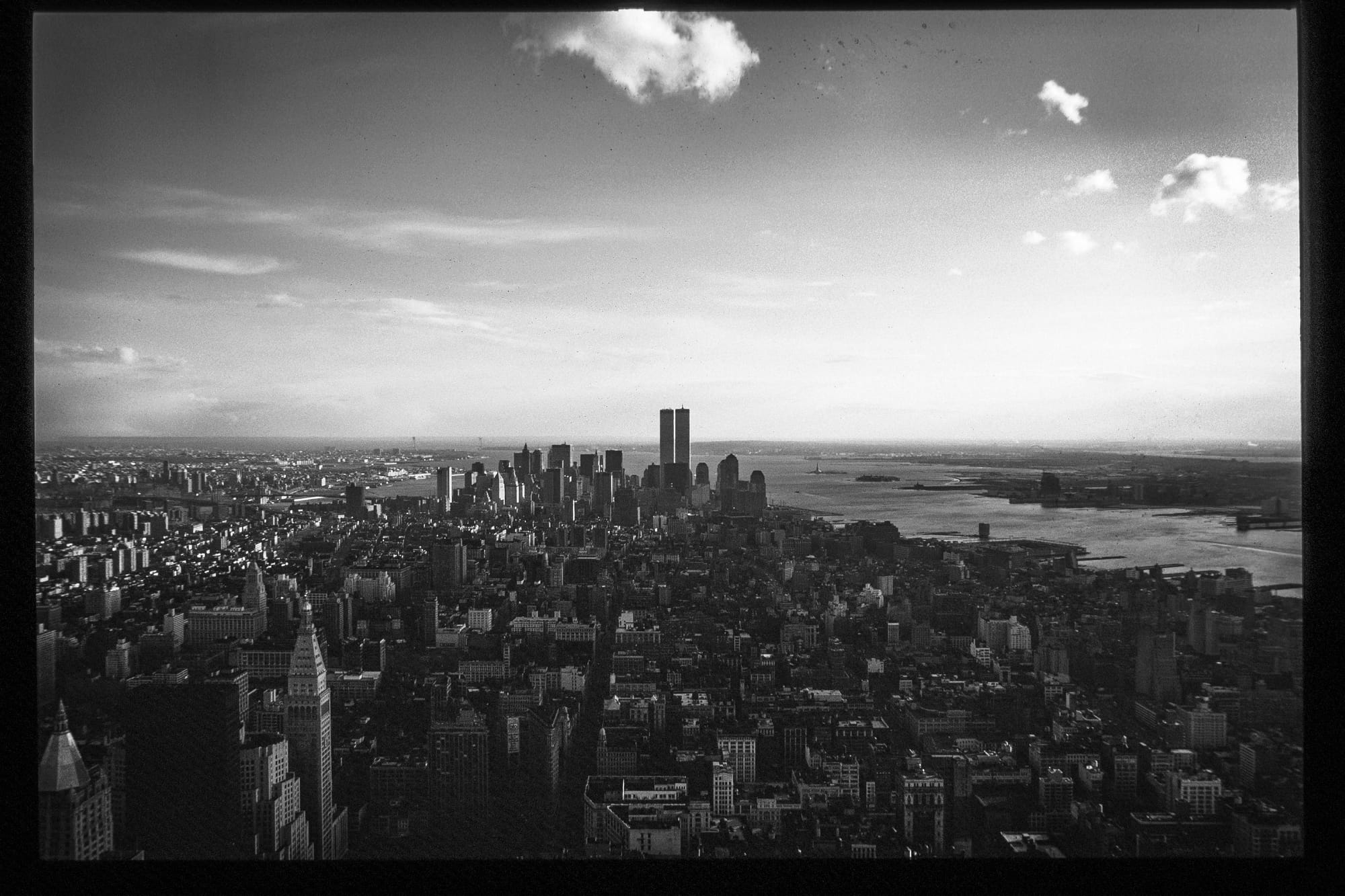A Fate Worse Than Death

Seen strictly from a US strategic point of view, the invasions of Afghanistan and Iraq after 9/11 were successful - they prevented another major terrorist attack on the US homeland - yet symbolically (bookended between images of the collapse of the Twin Towers and the fall of Kabul airport 20 years later), they feel like a failure. Why?
Drawing on Baudrillard's essays The Spirit of Terrorism and Requiem for the Twin Towers, we might answer that it felt like the US lost the "War on Terror" despite actually having achieved its expressed strategic aim of preventing another 9/11-style attack - or worse - against US territory because even though the US could bring massive military firepower to bear to subdue Al-Qaeda, it could not fight them in the realm of the symbolic challenge of death because suicide-attackers do not care about dying. What Al-Qaeda succeeded in doing, according to Baudrillard, was to abandon the tired old "terrorism of the poor", whose concrete targets attempt to realise some kind of political aim, which never works, and instead shift to the "terrorism of the rich" which moves beyond attacking merely concrete targets to attacking the symbolic realm of the "zero-death system" of Western ontology itself by combining all of the material resources available to them - flight training, aircraft, box cutters - with their own special "further lethal weapon: their own deaths". As Baudrillard puts it, the US was trying to fight Al-Qaeda with an old fashioned "revolutionary imagination" which drew American forces into "fighting on the ground of reality" in Afghanistan and Iraq, whereas through the attacks on the Twin Towers, Al-Qaeda had shifted its targets to the symbolic realm where it could "outbid" the US's military ability to kill thousands of Bin Laden's combatants through offering up symbolic death that was more real than ordinary death.
To be clear, while the attacks on the Twin Towers caused the very real deaths of thousands of innocent civilians, Al-Qaeda's targeting of such a powerful symbol of global finance and economic liberalism (Baudrillard writes that the very architecture of the Twin Towers demonstrated the symbolic shift of monumental structures under modern capitalism from the obelisk and pyramid to the punch card and the statistical graph. Even the fact that there were two towers was, for Baudrillard, an expression of the digital and the countable under conditions of capital accumulation) demonstrated "the transfiguration of real power by symbolic power" because the United States was simply not able to respond on the same symbolic terrain but was instead reduced to drawing on mere "relations of force", e.g. bullets, ordnance, "boots on the ground"; thereby creating a maelstrom which killed tens of thousands of Afghani and Iraqi civilians.
Compare the lame symbolism of George W. Bush's "Mission Accomplished" speech aboard the deck of the USS Abraham Lincoln just a few weeks into the invasion of Iraq - a speech which Bush himself apparently now regrets - to the image of the collapsing Twin Towers. An image so searing that Baudrillard recounts, "When the two towers collapsed, you had the impression that they were responding to the suicide of the suicide planes with their own suicides". For Baudrillard, all the bombs in the world have nothing on the symbolic.
Lest the power of Al-Qaeda's attack on the symbolic order be doubted, Baudrillard asks us to imagine what would have happened if only one or neither of the Twin Towers had collapsed. Indeed, since the towers were designed to withstand aircraft impact, it's possible, Baudrillard adds, that the terrorists themselves did not expect their collapse. Furthermore, the fact that Al-Qaeda operatives failed to attack the White House successfully but did bring down the Twin Towers again shows the importance of the symbolic over the political: the Twin Towers were "worth destroying", while the White House came in a poor fourth.
So, if Al-Qaeda's attacks in this "Manhattan disaster movie" went better than they may have expected, Baudrillard's focus then shifts to the media's role in amplifying their terror. Endlessly replaying footage of the collapsing buildings worked in Al-Qaeda's favour by generating a kind of terroristic "automatic writing", whereby any report or rumour of terrorism around the world accrued to Bin Laden, granting him a phantasmic and omnipresent quality in which "the twentieth century's two elements of mass fascination are combined: the white magic of the cinema and the black magic of terrorism".
This is why, from a Baudrilladrian perspective, it seems so jarring to state that even though the US and coalition interventions in Afghanistan and Iraq are widely seen as being totally discredited due to the tens-of-thousands of Afghani and Iraqi civilians and thousands of US and coalition troops that died in the violence they unleashed, when viewed from a purely US military-strategic point of view the "War on Terror" was actually successful: there have not been any further 9/11-style terror attacks on US soil; ISIS, who took advantage of the chaos unleashed by the US withdrawal from Iraq, has been largely eradicated; and even the Taliban leadership, through the very act of retaking control of Afghanistan, forming a government and assuming the mantle of public office, now find themselves in a gigantic drone "kill box", within which they could be killed at any moment - as the August 2022 drone strike on Al-Qaeda leader Ayman Al-Zawahiri whilst apparently enjoying the balcony views of his Kabul safehouse shows. Despite being strategically successful, the interventions in Afghanistan and Iraq are seen as disasters whose carnage far eclipses any strategic benefits that may have come from them because Al-Qaeda still had an idea of what a "symbolic calculation" is. By practising a form of potlatch combining "minimum stakes but maximum results", Al-Qaeda's deadly but largely symbolic attack on the Twin Towers forced the United States and its allies into fighting a vicious ground war in the Middle East and South Central Asia with the maximum stakes but the minimum results.
